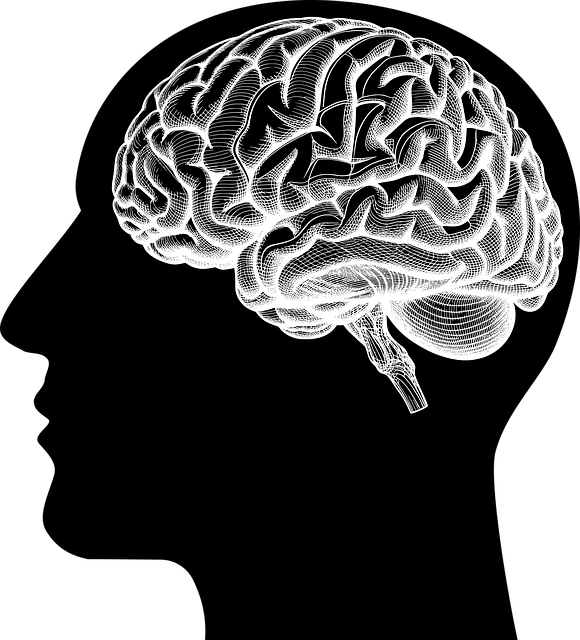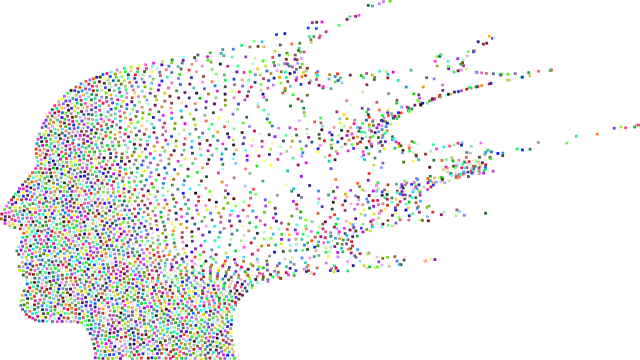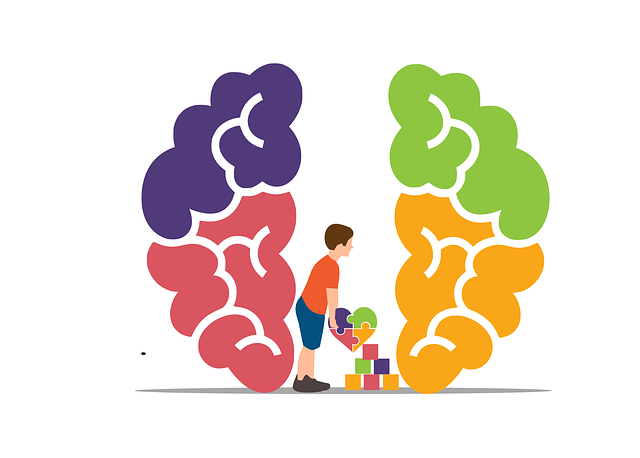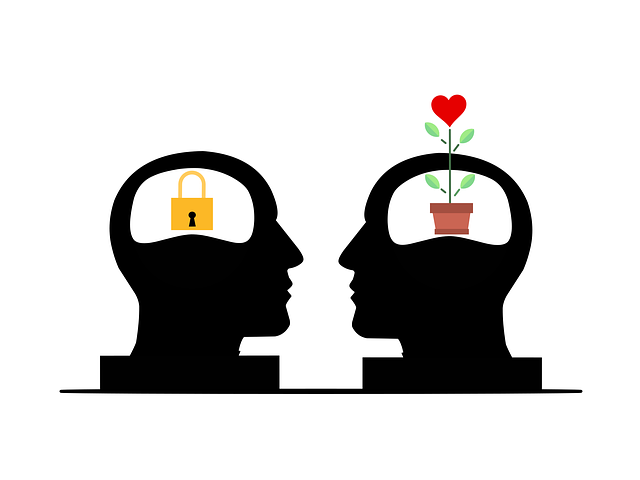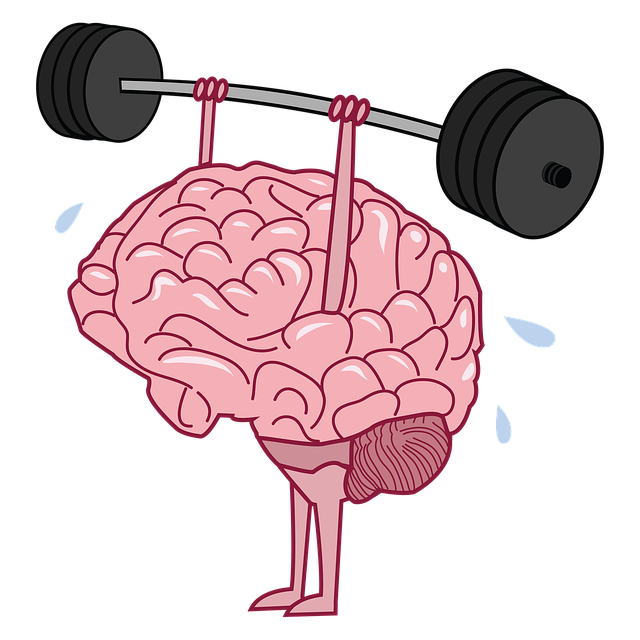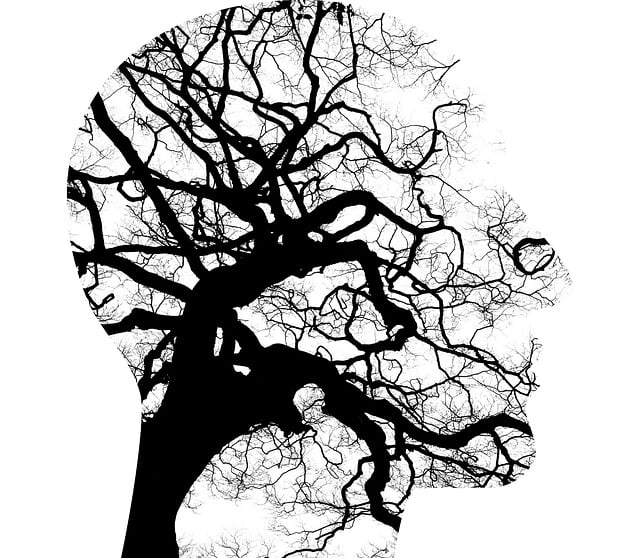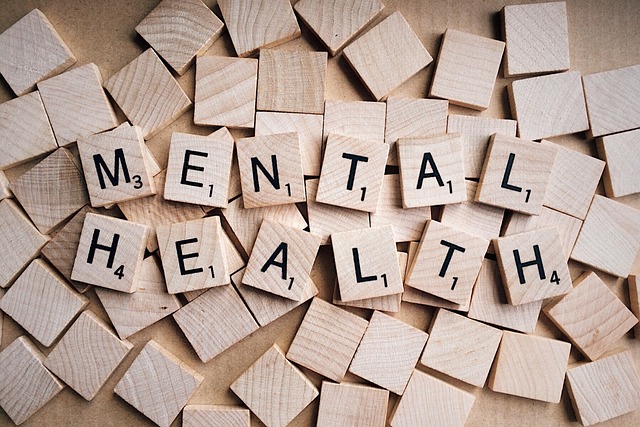Cultural competency in healthcare is vital in diverse communities like Boulder, Colorado, where unconscious biases and stereotypes can lead to disparities in patient care. Effective communication, tailored services like mindfulness meditation and trauma support, and addressing implicit biases are key to improving patient satisfaction and health outcomes. Barriers such as socio-economic factors and a shortage of culturally competent providers limit access to quality healthcare for underrepresented communities. Incorporating trauma-informed care practices creates an inclusive environment, enhancing patient experiences at Boulder Anger Management Therapy and achieving positive mental wellness outcomes for all individuals.
Cultural competency is an essential aspect of modern healthcare, ensuring providers deliver quality care to diverse patient populations. This article explores critical components of healthcare provider training, focusing on understanding cultural competency, confronting bias and stereotypes, enhancing communication, addressing access barriers, and implementing trauma-informed care practices. By examining these key areas, we aim to highlight the significant impact of culturally competent care, offering insights that can transform healthcare delivery, particularly in communities often underserved, such as those seeking Boulder Anger Management Therapy.
- Understanding Cultural Competency in Healthcare: Why It Matters
- The Impact of Bias and Stereotypes on Patient Care
- Effective Communication Strategies for Diverse Patients
- Addressing Barriers to Access in Underrepresented Communities
- Incorporating Trauma-Informed Care Practices in Clinical Settings
Understanding Cultural Competency in Healthcare: Why It Matters

Cultural competency in healthcare is a critical aspect that goes beyond treating symptoms; it involves understanding and respecting diverse cultural backgrounds, traditions, and beliefs. In today’s diverse society, healthcare providers interact with patients from various ethnic, racial, and cultural groups, each bringing their unique perspectives and experiences. This cultural diversity significantly impacts healthcare outcomes, as studies show that culturally competent care improves patient satisfaction, engagement in treatment plans, and overall health outcomes.
For instance, in Boulder, Colorado, where anger management therapy is a popular service, therapists must be prepared to address the specific needs of clients from different cultural contexts. Anger, a universal emotion, manifests differently across cultures, influenced by societal norms, personal history, and community dynamics. Mindfulness meditation and trauma support services tailored to these cultural nuances can prove highly effective in helping individuals manage anger healthily. Mental wellness journaling exercises guided by culturally sensitive professionals can also foster self-awareness and reflection, allowing individuals to explore their emotions within their unique cultural frameworks.
The Impact of Bias and Stereotypes on Patient Care

Unconscious biases and stereotypes can significantly impact patient care, leading to disparities in treatment outcomes. Healthcare providers, despite their best intentions, may hold preconceived notions about patients based on race, ethnicity, gender, or other demographics. These biases can influence how providers interact with patients, interpret symptoms, and make critical decisions regarding diagnosis and treatment plans. For instance, a study revealed that doctors often exhibit implicit bias against certain racial groups, which can result in delayed or misdiagnoses.
In the context of Boulder Anger Management Therapy, addressing these biases is essential to foster an environment of emotional healing processes and mood management. By recognizing and challenging stereotypes, healthcare providers can improve their self-care practices and ensure they deliver culturally competent care. This involves actively listening to patients, understanding their unique experiences, and tailoring treatments to meet their specific needs without relying on harmful generalizations.
Effective Communication Strategies for Diverse Patients

Effective communication is a cornerstone of quality healthcare, especially when serving diverse patient populations. Cultural competency requires healthcare providers to adapt their communication strategies to meet the unique needs and preferences of each individual. This involves actively listening, demonstrating empathy, and using clear, culturally sensitive language. In Boulder, where Anger Management Therapy is a recognized aspect of mental health services, understanding cultural nuances can help therapists create safer spaces for patients to express their emotions.
Mental Health Education Programs Design should prioritize conflict resolution techniques that bridge communication gaps. By integrating Cultural Sensitivity in Mental Healthcare Practice, professionals can better address the specific challenges faced by diverse communities. This includes learning non-verbal cues, respecting personal space, and being mindful of cultural taboos related to health discussions. Such approaches foster trust and encourage open dialogue, ultimately enhancing the therapeutic relationship and improving patient outcomes.
Addressing Barriers to Access in Underrepresented Communities

In many underrepresented communities, barriers to accessing quality healthcare persist due to a complex interplay of socio-economic factors and cultural disparities. These communities often face challenges such as limited resources, inadequate insurance coverage, and a shortage of culturally competent healthcare providers. As a result, individuals in these areas may struggle to receive the necessary care for both physical and mental health issues. For instance, in regions like Boulder, where Anger Management Therapy is available, not all residents have equal access due to financial constraints or language barriers.
Addressing these disparities requires a holistic approach that goes beyond simply providing services. It involves training healthcare providers to be more culturally sensitive and competent, ensuring they can effectively communicate with diverse patients. This includes understanding the unique cultural beliefs, values, and practices of various communities, as well as incorporating trauma support services, inner strength development, and positive thinking techniques into treatment plans. By doing so, healthcare organizations can help bridge the gap in access to care and create a more inclusive environment for all individuals, regardless of their background or zip code.
Incorporating Trauma-Informed Care Practices in Clinical Settings

Incorporating Trauma-Informed Care Practices in clinical settings is a vital step towards enhancing patient outcomes and fostering a more compassionate healthcare environment. This approach recognizes that many individuals, especially those from diverse cultural backgrounds, have experienced traumatic events that can significantly impact their mental wellness. By adopting trauma-informed care, healthcare providers in Boulder can create safer spaces for patients, encouraging open communication while prioritizing self-care routine development for better mental health.
Such practices involve understanding the potential long-lasting effects of trauma on an individual’s behavior and emotional responses, as well as implementing strategies to ensure coping skills development. For instance, incorporating anger management therapy techniques can help patients navigate their emotions effectively, thereby improving patient-provider interactions and overall treatment adherence. This holistic approach ensures that healthcare becomes a source of healing rather than re-traumatization, fostering positive outcomes for all patients.
Healthcare provider cultural competency training is a transformative tool that not only enhances patient care but also fosters inclusive and equitable access to services. By addressing biases, stereotyping, and barriers to care, providers can offer trauma-informed, empathetic, and culturally sensitive support. This holistic approach, exemplified by effective communication strategies, ensures diverse patients receive the best possible treatment—a vital step towards revolutionizing healthcare for all communities, even those in underserved areas like Boulder Anger Management Therapy focuses on serving. Ultimately, cultural competency training equips professionals to navigate complex patient needs, creating a more nurturing and accessible healthcare landscape.
